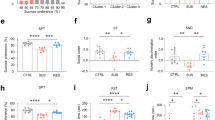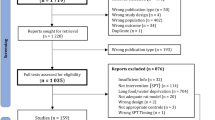Abstract
One of the core symptoms of major depression in human is anhedonia. For that reason, one of the main requirements towards experimental depression models is that they be able to demonstrate anhedonia in animals, that have been exposed to stressful events, and other behavioral changes attributable to a depression-like state. However, the results presented in the literature are contradictory: sweet solution intake, which is considered as a parameter of hedonic/anhedonic behavior in animals, responds quite differently to stressful situations in that it is either unaffected or increased or decreased. Different experimental designs used for the study of anhedonia in male mice exposed to chronic social defeat stress were tried to understand the reasons for so contradictory responses. Anhedonia appears as an abrupt reduction in sweet solution consumption in stressed animals and by failure to attain recovery after deprivation. However, it was also demonstrated that sucrose solution intake and preference strongly depend on the experimental context; that the possible critical factor may be prior acquaintance with the hedonic stimulus – or the lack whereof. Analysis of literature data and ours allowed us to conclude that the lack of a significant decrease in sweet solution intake in stressed animals is no evidence of lack of depression. This decrease is evidence of anhedonia only provided other symptoms of depression are present. Hedonic consumable intake can be decreased over various motivations, conditions or diseases, in particular, a high level of anxiety or pathological aggression.
Similar content being viewed by others
Article PDF
Author information
Authors and Affiliations
Corresponding author
Rights and permissions
About this article
Cite this article
Bondar, N., Kovalenko, I., Avgustinovich, D. et al. Anhedonia in the shadow of chronic social defeat stress, or When the experimental context matters . Nat Prec (2008). https://doi.org/10.1038/npre.2008.2682.1
Received:
Accepted:
Published:
DOI: https://doi.org/10.1038/npre.2008.2682.1



